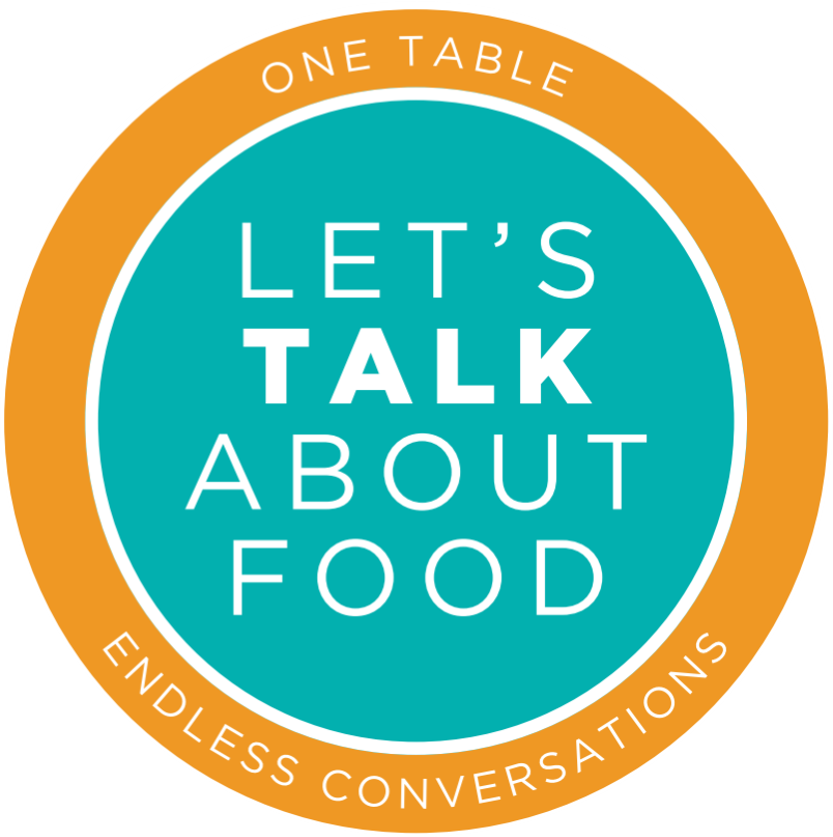Our nation’s children and grandchildren came out for the Climate Strike this week. For many, this is a first act of civil disobedience that will resonate with them for decades. Their goal is to push us, we global leaders and their elders, to see climate change as the emergency it truly is. They are right to push us. We have no excuse for endangering their future and shortening their natural lives.
We tend to put climate change issues in one mental pocket, and put food and health issues such as obesity in another. But we are fooling ourselves if we don’t recognize that it’s really just one big sack where the food and climate concerns are linked, both causally and dangerously. Climate change matters to children in all sorts of ways. But it is especially harmful to their health. Fossil fuels are responsible for 80% of carbon pollution that makes children sick. Most of us know that burning coal and gas produces air pollution that is harmful to children’s, lungs, brains and bodies. Less well known is how fossil fuels impact children’s diets. Here’s a fact: obesity threatens to make our children’s lives shorter than their parents. TK years shorter by most calculations.
Let’s spell out some of the links between obesity and climate change. The US is the first place on earth where obesity was associated with poverty. Historically, being ample was a sign of material success signifying, “I can afford to feed my family.” Today, the least financially secure are most likely to be obese. Food is cheap in this country because fossil fuels are cheap. Our food system consumes cheap fossil fuels like a kid slurping down chocolate milk. Much of the fertilizer, herbicides and pesticides used on our food crops depend on cheap fossil fuels. Our food processing system, that marvel of industrial efficiency, runs on fossil fuels. As do the additives that extend food’s shelf life. Further, there is strong scientific suspicion that the agrochemicals used to line soda cans such as BPA and its derivatives may also be a driver of obesity. And we all know by now that a diet high in conventional red meat is both a health risk and a driver of climate change. By not accounting for carbon pollution, we mask the true cost of conventional red meat. Happy Meals should not be making our kids so happy. They certainly aren’t making them healthy. Obesity is just one of the nuanced ways that climate concerns and health concerns collide. There are many more.
Food and climate change aren’t abstract issues. As a nation of eaters, we can start to make a difference in how America eats and how healthy we can become. Our actions to combat climate change are also actions to curb obesity and promote health. We can make a personal pledge to eat more plants and less meat. We can walk, bike and take public transportation instead of cars.
The Climate Strike is a call to action to improve the health of our planet and ourselves. But with every meal, with every visit to the supermarket, our food choices give us a chance to take one step to global resilience.
Aaron Bernstein MD is the tktktk at tktktk
Louisa Kasdon is the Founder of the Food Voice.
On September 28, Kasdon and Bernstein will speak at the free Let’s Talk About Food festival at Harvard, a day of cooking demonstrations, food tastings, hands-on learning, conversation and community.
